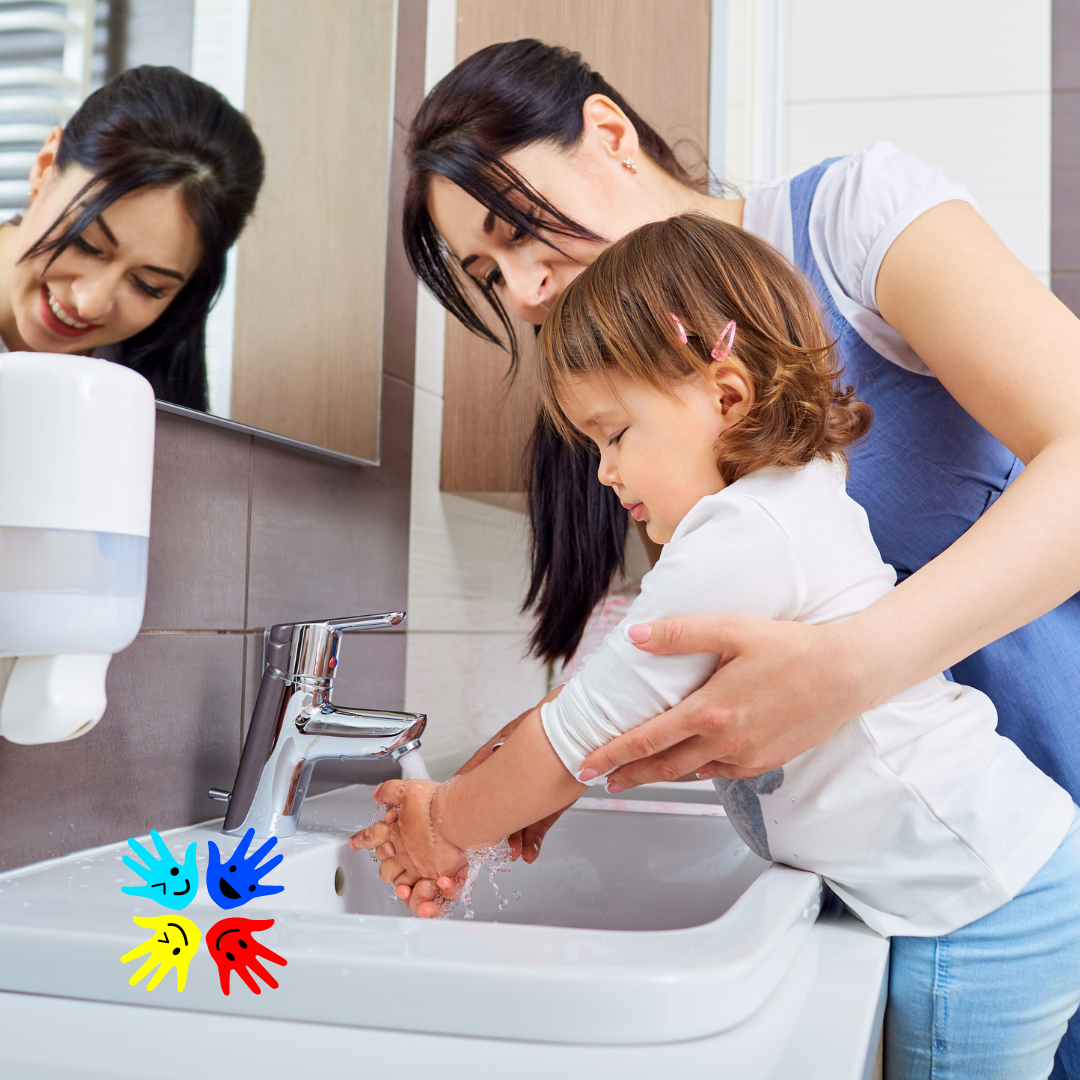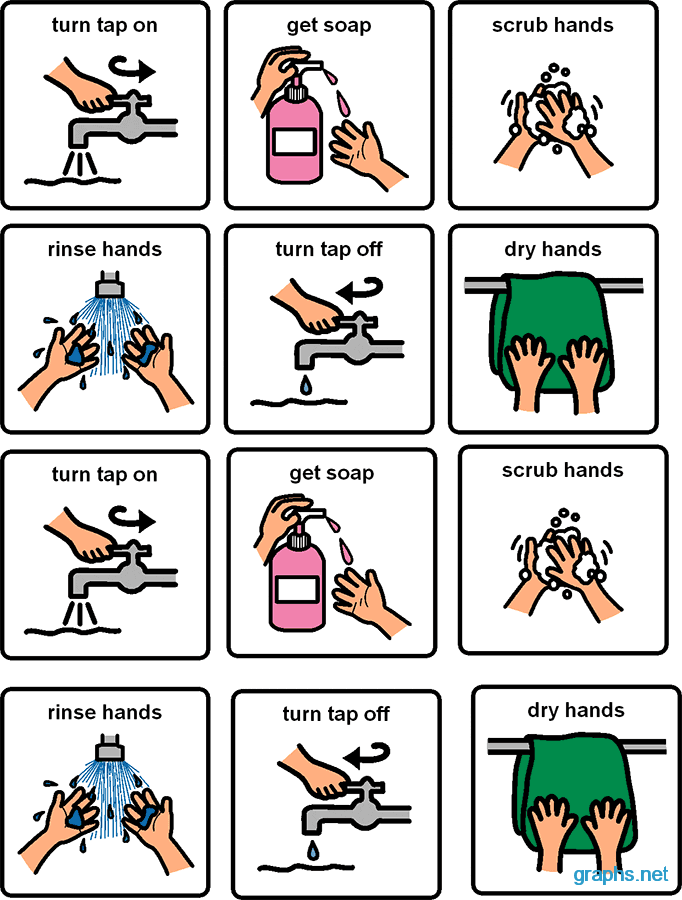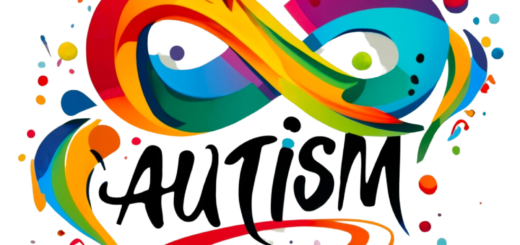Coronavirus Makes Teaching Hand Washing to Kids with Autism Even More Important

Today I am going to be talking about the coronavirus and how it is affecting the autism world as we speak and I’m also going to be giving some really practical tips on how to teach kids with autism to wash their hands.
Hi, I’m dr. Mary Barbara autism mom board-certified behavior analyst and best-selling author each week I provide you with some of my ideas about turning autism around today I am sharing a bonus video I did a few years ago on handwashing and how to teach kids with autism to wash his or her hands which is a common thing we’ve heard a lot lately is you know do we need to wash our hands we need not to panic so today I thought I would talk about the coronavirus you can’t go anywhere you can’t look on Facebook you can’t turn on the TV first thing as soon as I opened my email for today I learned that stock prices have fallen. You know the markets are going into a spiral again all last week, and I’m not a corona expert so I’m I am a registered nurse though, and I’m married to an emergency medicine physician, but just a few times last week I had situations where the coronavirus was impacting the autism world also on Wednesday or Thursday the California ABA conference was scheduled to go on, and an hour before pre-registration Calabar pulled the plug on the whole conference many of the speakers including dr. Amanda Kelly who was on episode podcast episode number eight I believe and dr. Marc Sundberg where they were both scheduled to speak at the Cal Abba conference, and it was canceled the hour before the conference, so it is affecting us in the autism world quite a bit, so we’re going to talk about teaching handwashing, and it also is the bridge for how to teach other hand washing other self-care skills my book the verbal behavior approach in Chapter 11 is all about potty training. Still, on pages 156 to 158, I also provide specific feedback on how to teach handwashing, and one of the things about handwashing that is so important is you want to break down the task. We’re going to talk about this a little bit more in a second, but in my book, I talk about handwashing, grab both knobs and turn the water on, so this is my house. I have two knobs in the same quote that we were going to practice on. Still, some of your sinks have just one handle, that pushes up some of them have you know a knob that turns side-to-side so each breakdown or task analysis as we call it needs to be individualized so that you have the steps broken down why are we focusing on handwashing as one of the first if not the very first self-care skill to teach is because by 18 months and this is from dr. mark son Berg’s self-care checklist which is so important you can get this at a VB press command we can also I believe link it in the show notes it’s under resources BB map supplementary materials on a VB press a BB press comm right so by 18 months there should be they should be kids should be able to wash hands with assistance this is by chronicle chronological age of 18 months by 30 months they should be washing hands trying to watch hands independently and by 4 years of age children should be able to definitely wash their hands it’s also in the self-care checklist under toileting and it is one of the important skills to teach before potty training so that we can quickly go in from sitting on the toilet peeing and then getting up pulling up pants which is part of dressing self-care checklist and then wash your hands so washing hands is important it’s an important skill at home at preschool after potty training I mean after partying before meals the other really important reason that I like to start with hand washing as opposed to starting with dressing or wiping your bottom is that it’s easy to prompt from standing right behind the child so if we think about wiping your bottom after a bowel movement you can’t easily get behind the child in order to prompt that so those are the reasons I like to start with hand-washing now in addition to my book in chapter 11 specifically page 156 of the verbal behavior approach I also really like this book self-help skills for people with autism which is written by four people of which two are listed as be CPAs and the other two have doctoral degrees so self-help skills for people with autism is a very good a be afriendly book with really good advice for all kinds of skills including potty training hand-washing tying shoes I also have a ton of videos on all of those things I have potty training videos video blogs podcasts Mary Barbara come for such potty will get you a free guide that I recently wrote I have videos on shoe tying okay so in the book self-help skills for people with autism is a really nice what we call task analysis task analysis sheet which allows you to break down the information into what we call component parts so like I was saying before with my hand-washing in Chapter 11 of my book the verbal behavior approach I said turn the knobs and the next steps in this in my breakdown here grasp out both knobs and turn the water on put right soap on right hand on soap pump and left hand under spout press pump two times rub hands together for five to ten seconds place hands under the faucet to remove soap and turn the water off getting towel dry both hands and place towel back on rack now remember I wrote my book in 2007 for those of you that know that it in the meantime another thing I’ve learned was that when you do task analysis and when you are giving kids directions for the for the different breakdown you should really have five words or less this is a tag teach kind of rule and now we use that so here is Cody’s task analysis push up sleeves turn the water on wet hands get soap rub hands count to five hands under water turn water off dry hands and then what you see over here is the date and then you also see B for verbal prompt G for the gestural prompt I for independent and we would also have the physical props full physical prompt or partial prompt and in the video which you can get and see the whole video of me working with Cody and his mom you will see the need for more physical props so in the video which I’m not going to be able to show you right here but Cody is resistant to mom helping him pull up his sleeves but he’s really good with Emma hating and so, in the end, we end up doing a video model of his mom actually going through the tasks herself saying each item like push sleeves up turn the water on as she does it and with the use of video modeling was really what helped Kody become fluent with washing his own hands which has been great so you might say well what about you know having like a visual schedule of that and what I found is that this technique of walking three kids through prompting from behind very gently of course if if they’re resistant physical prompts using something like video modeling or imitation is really much better for many kids than using a visual schedule where they’re kind of breaking the chain as they go and so each kid might be different though so the key is is that kids need to learn to wash their hands and in light of the coronavirus they need to learn as quickly as possible how to wash their hands and so my take is that the best way to do that is by breaking the test down as I said for your sink for the sink that they’re gonna mainly practice on and there may be a sink at school and a sink at home and you may be just at home with your child and you can just have it set up like the home one, these might need more assistance at school until it’s fluent so even if you have the hand soap on the right side but it could go either way but at school, it’s mounted to the left side you might want to put it on the left side just to get the child to go over there so that they can generalize better to other sinks I mean most people just don’t think about all the generalization that’s needed for hand-washing where the soaps located whether it’s a one handle push-up or knobs where you have to turn both there’s temperature controls to all these factors whether you use foam soap versus regular liquid soap regular liquid soap you know you do three or four versus foam soap you get a totally different amount of soap you don’t want too much you don’t want too little I have found that counting really helps with hand washing that’s kind of what I know about coronavirus it is a fact it’saffecting all of us we all need to stay calm I think this 24/7 news cycle is is making us all a little bit more anxious than we need to be really using the opportunity to learn online what to do I think is a great thing and up until now I don’t think I have any freevideos on hand-washing so now I have one that’s out which is Mary Barbara come forward slash hand-washing so if you ever can’t remember what she says the link was for potty or dressing or anything like that just search in a Google search Mary autism plus your topic there are chances are very good that with weekly content coming out for the last couple of years that I probably have something and if I don’t have something let me know and maybe I will do that topic for a live or for something that you can attend if you enjoyed this video I’d love it if you would share it leave me a comment and for more information on how you can help kids increase talking decreased tantrums and learn about self-help skills like hand-washing I would love it if you would attend a free online workshop at
Mary Barbara come forward slash workshops
I hope to see you right here next week
Discover more from Living with Autism
Subscribe to get the latest posts sent to your email.


